
Well, OK, so people have/had different ways of thinking about things. It makes sense not to walk into an early grave by accidentally or deliberately pissing off people who are more powerful than you. We do it all the time, on every level from the playground to international politics. However we tend to at least try to dress it up as something else. It’s this dressing that’s curious.
Irish and Celtic myth in general was written down in detail only by the Christian monks who eventually learned of it, and the traces of confusion and garbling are evident. But there are a couple of obvious trends.
The first is that the later the myth, the more some sort of notion of chivalry or something other than unadulterated Force Majeure creeps in. People start behaving in ways that at least have an excuse for maiming and killing.
The second trend comes with the incorporation of Christianity. Saint Patrick is brought to Ireland as a slave, escapes, goes back to Britain, takes holy orders, gets ordained as a bishop, and returns to Ireland to preach. Then there’s a string of ‘miracles’ that are performed in order to get the pagans and idolaters on side. Which include:
- Having God lift a druid up into the air and drop him on a rock to shatter his skull
- Having God bring down darkness and earthquake to kill everyone except the king and his wife
- Sending a Christian boy and a druid into a house and setting it alight, toasting the druid to a crisp and leaving the boy untouched
- When someone sends a perfectly well man to be ‘healed’ to Patrick as a test, the man drops dead.
This was a marketing campaign that really worked. Ireland is the only country in Europe that Christianised peacefully. The people were persuaded away from their traditions precisely by the power of those same traditions. In other words, to introduce a new concept, using the old concept as a vehicle is one of the most effective methods.
I call this the Saint Patrick Syndrome.








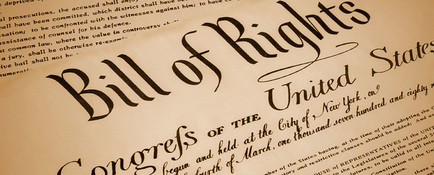



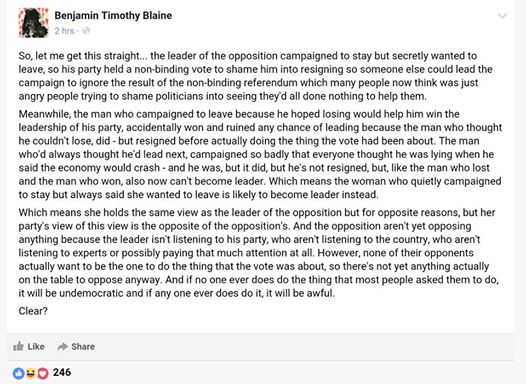




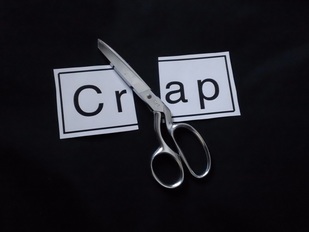







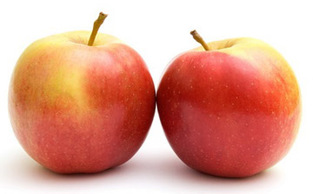
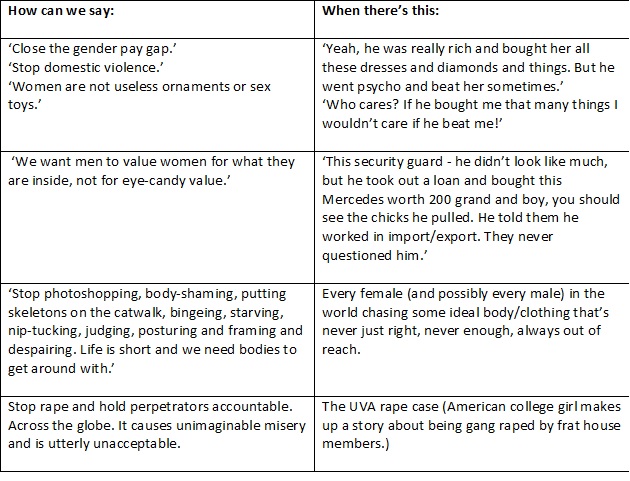




 RSS Feed
RSS Feed
